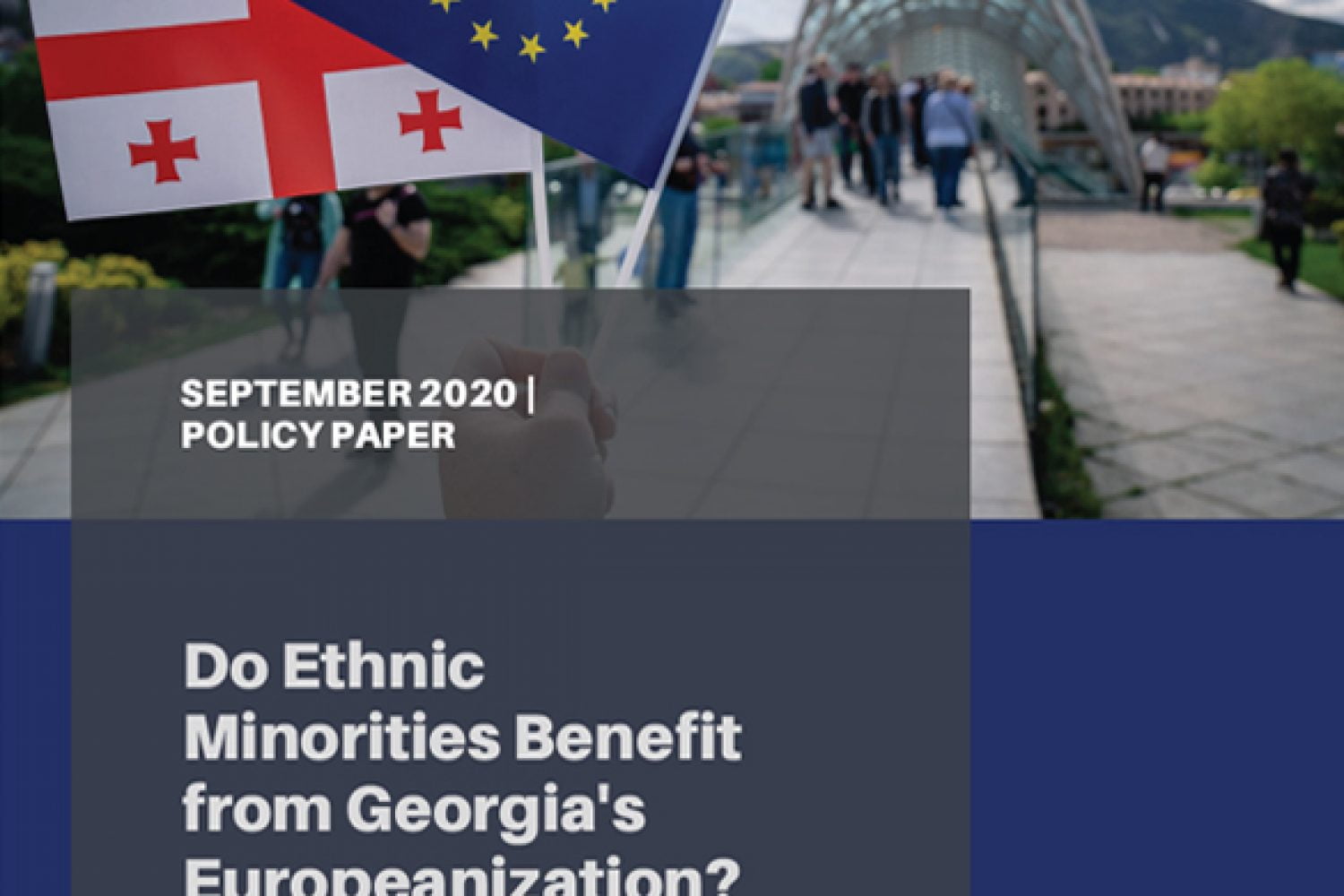2020-09-08 10:17:55
Georgia’s Europeanization has resulted in opportunities and both tangible and intangible benefits for Georgian society at large. However, as ethnic minorities are poorly integrated into Georgian social and political life, it is important to explore to what extent minority communities can access and enjoy these opportunities and benefits. This paper views Europeanization as formal rule transfer through a policy of conditionality and investigates how minorities perceive its consequences. The research is based on six focus group discussions conducted in Kvemo Kartli and Samtskhe-Javakheti regions and on 12 expert interviews with public officials, experts of minority issues, and representatives of civil society. The data suggests that there are dividing opinions regarding the accessibility to the benefits of Europeanization among members of minority communities. Some believe that there are significant benefits in the fields of visa liberalization, as well as positive changes in politics and governance, the economy and employment, and education and social issues. However, other research participants reported that it is impossible to access these benefits because of a lack of information, language barriers and the simple disbelief that these benefits are for people like them. This paper discusses all these issues and provides recommendations for the government of Georgia, civil society organizations, European Union (EU) representatives and the international community.




